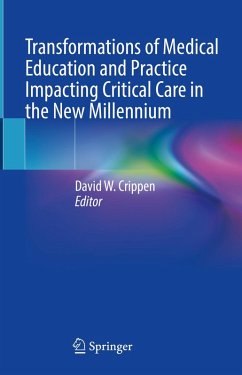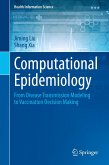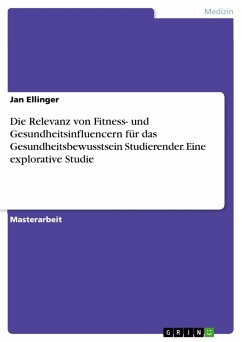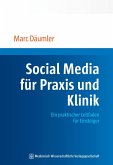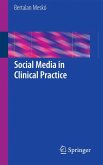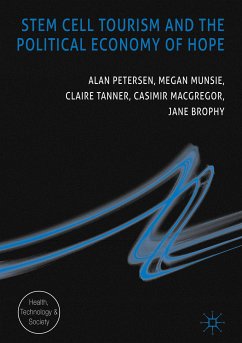There have been major changes in the Education of critical care providers in recent years. Some of these changes involve the psychology of "Generation Z" applicants, new technological training aids, the issue of training disadvantaged trainees, exploring the difference between diversity and equity as well as the rise of physician extenders, physician assistants and registered nurse practitioners. Many of these changes have a direct effect on the quality and quantity of new physicians entering the work force in the new millennium. Accordingly, these Emerging Issues will have a direct impact on how critical care trainees are selected and trained, directly affecting patient care. This Volume is structured To Illustrate three platforms, each resting on the platform below. The three main sections include medical education, Including The culture of medicine and critical care medicine in the new millennium. The first section includes Examinations of "Generation Z" and medical education, evolution of resident house staff, implications for onerous medical training costs, simulation models in medical education versus direct patient care, emerging providers in medical ethics and futuristic concepts for innovative medical education. The second section details politics, internet and social media use, the future of malpractice issues in health care, metabolic investigations at point-of-care, hope versus experience in long term ICU care and anti-vaxxers in the pandemic era. The final section details triage and ICU care of critically ill patients, algorithms that might replace clinical intuition, risks and benefits of artificial intelligence, music and the brain, ICU care during global pandemics, the rise of physician extenders, probability theory in interpreting clinical outcomes, new ideas in death by neurologic criteria as well as the future of death. Written by experts in the field, Transformations of Medical Education and Practice Impacting Critical Care in the New Millennium serves as a detailed guide for seasoned clinicians working to teach the new generation of critical care physicians.
Dieser Download kann aus rechtlichen Gründen nur mit Rechnungsadresse in A, B, BG, CY, CZ, D, DK, EW, E, FIN, F, GR, HR, H, IRL, I, LT, L, LR, M, NL, PL, P, R, S, SLO, SK ausgeliefert werden.

